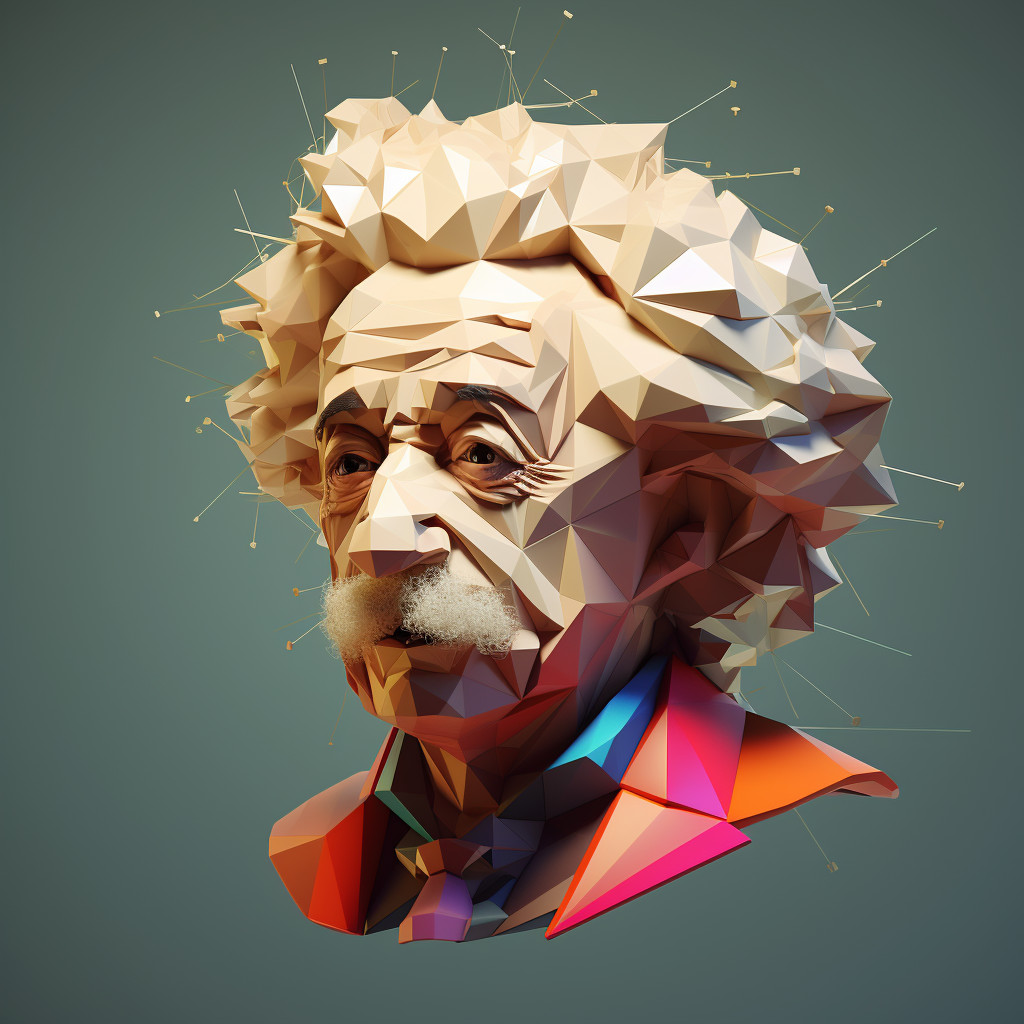This quote is a testament to simplicity and the idea that happiness does not derive from material abundance, but rather from the appreciation of basic, essential elements of life. Each object mentioned in the quote symbolizes a fundamental human need or desire.
The table represents stability and structure, a place where we gather for sustenance and conversation. The chair symbolizes rest and comfort, a space for relaxation and reflection. The bowl of fruit is a metaphor for nourishment, both physical and spiritual, suggesting the importance of health and well-being. The violin stands for music, art, and culture, which feed the soul and stimulate the mind.
In essence, Einstein suggests that a man needs physical sustenance, rest, intellectual stimulation, and emotional nourishment to be happy. He emphasizes the importance of valuing simple, essential things over materialistic ambitions or superficial desires.
In today’s world, where consumerism and the pursuit of wealth often overshadow the importance of simplicity and essentialism, this quote is a powerful reminder to focus on what truly matters. It could be applied in personal development by encouraging individuals to seek happiness not in material possessions, but in fulfilling basic human needs and desires, and in the appreciation of simple joys. This could mean prioritizing health, relationships, personal growth, and cultural or artistic pursuits over the relentless pursuit of wealth or status.
In other words, this quote encourages us to redefine our understanding of success and happiness, focusing less on what we have and more on who we are and how we live our lives. It’s about finding contentment in simplicity, and recognizing that the most important elements of a happy life are often the most basic.









